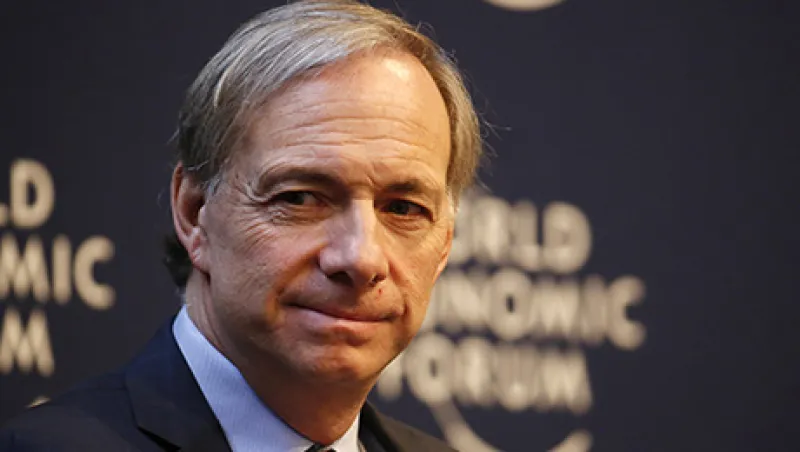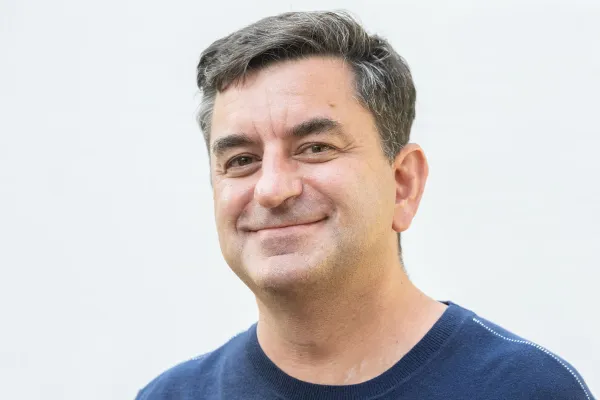For Ray Dalio the key to making money in the markets is independent thinking. Since he famously founded Bridgewater Associates 41 years ago out of his Manhattan apartment, Dalio has sought to foster that belief at the now–1,500-person, Westport, Connecticut–based firm by creating a culture of radical truth and radical transparency, where employees are encouraged to speak their minds and admit their mistakes and weaknesses. The process can be painful — as evidenced by the Pain Button app on the company-issued iPads that Bridgewater staffers use to record when they are angry, frustrated or sad. Dalio says pain leads to learning. If that’s the case, February was a period of great enlightenment at the world’s largest hedge fund firm, whose flagship Pure Alpha Strategy was down 3.96 percent, its second-worst month since the financial crisis.
February also was a rough news month for Bridgewater thanks to a Wall Street Journal article that chronicled a “schism” between Dalio and Greg Jensen, one of the firm’s two co-CEOs. Reportedly, Jensen had questioned whether the Bridgewater founder was honoring the ten-year succession plan he had put in place in 2011, and Dalio had challenged his longtime partner’s integrity, which the firm defines in its 106-page “Principles” as “saying the same things as one believes.”
Dalio insists the WSJ article was exaggerated, and he makes a fair point: The 66-year-old had already handed over day-to-day management of the firm to Jensen, co-CEO Eileen Murray and president David McCormick before the reported incident, and “thoughtful disagreement” is an integral part of Bridgewater’s culture. In March the firm announced that Jensen would be stepping down as co-CEO to focus on his job as co-CIO, a role he shares with Dalio and Bob Prince, and that it had hired former Apple executive Jon Rubinstein to fill the vacancy.
Known as the Podfather because he led the team that developed the iPod music player, Rubinstein is a serious technologist. He worked with Steve Jobs for 16 years (running hardware engineering at computer maker NeXT and then at Apple) before joining handheld-device company Palm, which was acquired by Hewlett-Packard. “We’re getting a man who has the capacity to manage thousands of people, who is a world-class technology leader and who could work well with Steve Jobs,” Dalio says. “I’ve always admired Steve Jobs as an independent, original thinker who changed the world.”
That description of the Apple co-founder sounds a lot like the guy who started Bridgewater.
Follow Michael Peltz on Twitter at @mppeltz.





